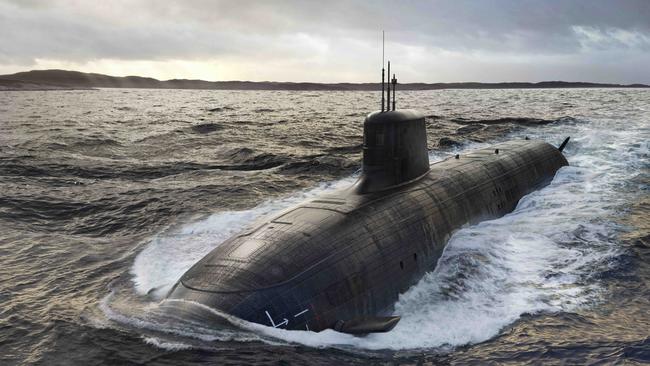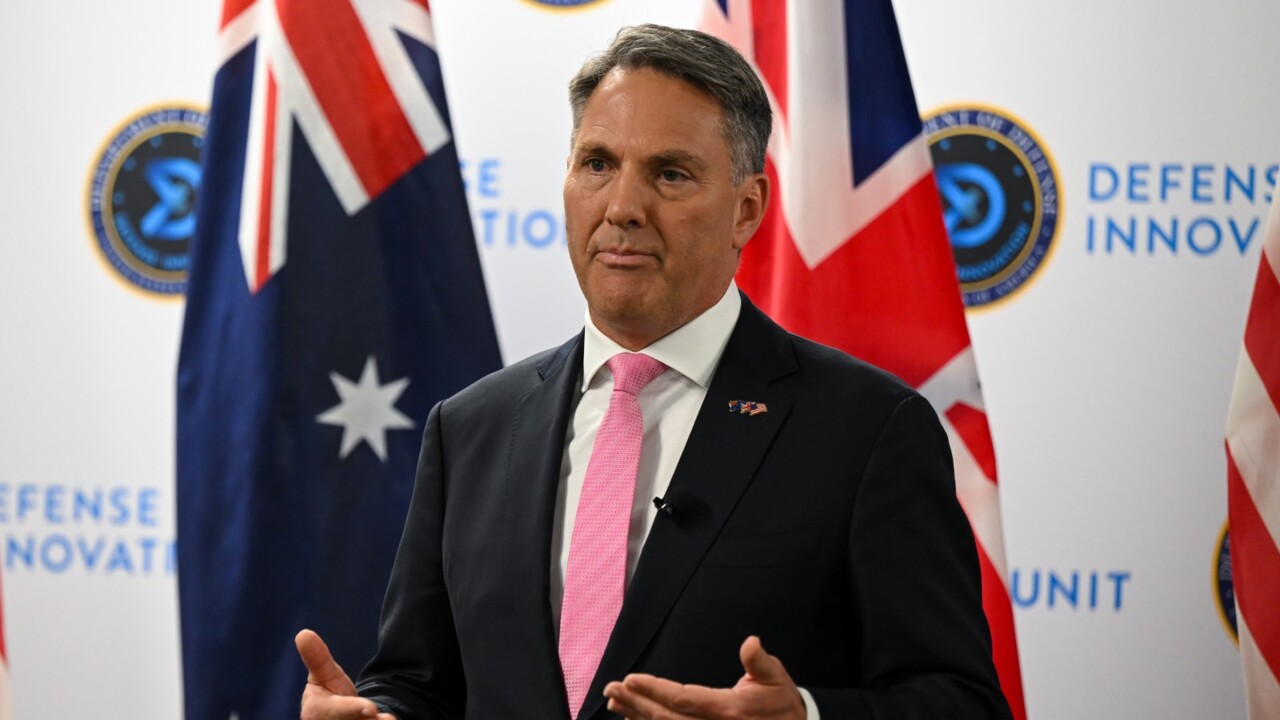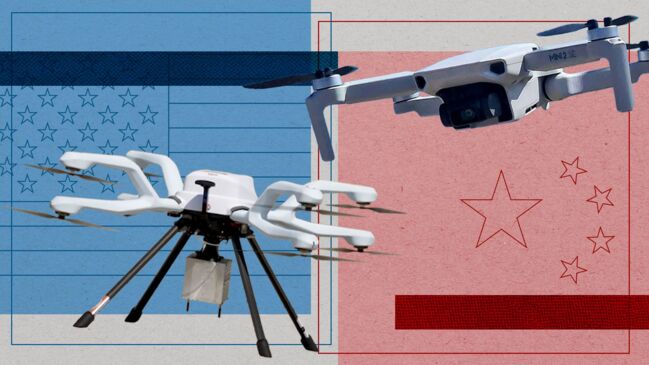
The legislation authorises Australia to buy three Virginia-class submarines – the US Navy’s “crown jewels”.
It’s an unprecedented show of American trust in Australia – a “colossal achievement”, as Richard Marles rightly labels it.
The legislation, which had strong bipartisan support, also authorises maintenance work on US nuclear submarines in Australia, green-lights the training of Australian workers in US shipyards, and exempts Australia from US export controls for sensitive military technology.
Australia will, in effect, become part of the US defence ecosystem, and will face new pressure to stand alongside America in an increasingly dangerous world.
The AUKUS partners have made swift progress on the “optimal pathway” for Australia to get nuclear submarines – first the Virginias and, later, eight Australian-made boats based on a British design.

But the real hard work is yet to come. And, despite the best of intentions on both sides, there are no guarantees the plan will ultimately be realised.
Congress backed the legislation because it contained multiple get-out clauses for the US if the deal is ultimately deemed to threaten US submarine capabilities, or its strategic priorities.
These include a requirement for the president of the day to certify that the transfer of the submarines “will not degrade the US undersea capabilities”, and is “consistent with US foreign policy and national security interests”.
The sale will also be contingent on the US “making sufficient submarine production and maintenance investments” to meet its own needs.
These are not insignificant conditions.
Indeed, a recent report warned the congress the AUKUS deal would punch a two-decade hold in the country’s already-stretched nuclear submarine plans.
It said the country’s nuclear submarine production would have to rise from 1.5 boats a year to as many as 2.6 to absorb the boats lost to Australia.
Australia will pay an initial $4.5bn under the legislation to boost US industrial capability – a down payment on the four-decade plan that will cost up to $368bn.
But the payment is a drop in the ocean, considering the scale of the task.

The requirement for the submarine sale to be consistent with US foreign and national security interests is also a significant statement of America’s expectations.
While there is no explicit requirement that Australia’s nuclear submarines would have to join the US in a potential war with China over Taiwan, there would undoubtedly be an expectation for Australia to commit the submarines to such a conflict.
The fact that the submarines will be jointly crewed for years will only increase Australia’s implicit obligation to its strategic protector to commit the boats in support of US military action.
The problem is underscored by a current US request for Australia to send a warship to the Red Sea to protect shipping against attacks by Iran-backed militia.
Complying with the request would place one of Australia’s scarce warships far from the nation’s area of strategic concern in the Indo-Pacific – a fact the Defence Minister hinted at on Thursday.
Australia will be forced to consider all such requests with the future of AUKUS in mind.
Australia’s position on key international issues, such as its decision to break with the US in this week’s UN vote on Gaza, will also be scrutinised by Washington against the backdrop of the AUKUS partnership.
This is all in addition to the huge challenge the nuclear submarine program presents to a nation of 25 million that has no domestic nuclear industry, a tiny defence force of just 60,000, and a minuscule heavy manufacturing capability.
The passage of the AUKUS bill in the US clears only the first of many hurdles for Australia’s nuclear submarine aspirations. There are many mountains still to climb.







The passage of AUKUS-enabling legislation by the US congress has tied Australia’s strategic future to the US as never before.